Very few experiences can unite the world and create common ground amidst our differences in history, culture, tradition, and belief. But, coffee has the power to do just that! This beverage has changed how we socialize; there’s no denying the uniting influence of coffee all over the globe.
However, although coffee is appreciated in countless countries, each culture has different experiences and traditions tied to the drink. Perhaps the appreciation for coffee is where the similarities stop.
Different people have different ways of making a great cup of coffee. Making coffee is both a science and an art—various people can make different interpretations that others may not necessarily agree on.
Of course, some parts of making coffee are backed by science so that no one can disagree with it, but resting coffee is another whole story.
The Art of Resting Coffee
Many coffee establishments like to market their products as “freshly roasted”, and this term is becoming one of the most used lines in advertising coffee products. Of course, fresh is good—freshly roasted coffee beans make for a flavourful cup.
But, what if you brew a coffee that’s over a month old? Would it automatically taste bad or even close to being acceptable? Well, this is where views differ. There is no one answer for resting coffee because it can only be analyzed based on personal feelings, opinions, and tastes.
You see, the rate at which your coffee stales, degasses, or ages will mostly depend on the degree of roast and the roast speed. Darker roasts usually degas much faster than lighter roasts, while shorter roasts degas more slowly. The resting time of your coffee will rely on its lightness or darkness and how fast it was roasted to that color.
Why You Should Rest Your Coffee
Contrary to what some people think, roasted coffee doesn’t always have to be fresh and brewed at its freshest. Unlike vegetables or fruits, coffee doesn’t stale or spoil when left unsealed, nor is it necessary to consume it within hours of roasting for the best flavors. Brewing your favorite Ethiopian coffee beans right away doesn’t mean that it will taste the most delicious.
With freshly roasted coffee, it will contain a large amount of Carbon Dioxide (CO2). When the CO2 comes into contact with the water, bubbles may form. Bubbles aren’t good because this means that water isn’t getting through your coffee, so you have to bloom, stir, or swirl the brew in the beginning. However, this isn’t always the best solution.
Unlike fruits and vegetables, coffee is more similar to wine—it is an aged product that can remain stable for months. Coffee will eventually ripen into its optimal taste profile after a few hours and even weeks.
The key to having the best coffee cup is striking a balance between degassing the CO2 while retaining the volatile aromas. To achieve this, you must get the rest time right!
Refer to our guide below to determine how long to rest your roasted coffee:
- Dark Roasts: 1-5 days
- Medium Roasts: At least 5-7 days for filter brewing and 7-10 days for espressos
- Light Roasts: 10-14 days for filter and more than 14 days for espressos
Buying Coffee From Kunjani
All of Kunjani's coffees are packaged into special coffee bags with a liner and a one-way valve within minutes of roasting. These bags are great for storing freshly roasted coffee for a short period of time. They preserve the coffee during resting by releasing CO2 through the valve while avoiding contact with oxygen in the air, which causes aromatic components to quickly evaporate and diminish flavor.
We also time the delivery of our coffees such that the majority of the resting takes place during transit to our clients. Much of the resting is done by the time a bag of coffee purchased through our website arrives at your door.
Our goal is for all of our coffee to reach customers within five days following roasting, allowing the coffee to attain its full flavor potential. Most coffees will have lost a significant amount of CO2 as well as any unfavorable combustion flavors formed during roasting by this point.
Conclusion
Freshly roasted doesn’t always mean the best. If you want the most flavourful caffeine experience, you shouldn’t forget to let your roasted coffee rest! Make sure to get your resting time right and to source your coffee from the best coffee roasters so that you can enjoy your brew every time.
If you’ve been looking for a specialty coffee roaster, you’ve come to the right place! At Kunjani, we source the finest coffee beans from farms and producers that meet our quality, sustainability, and transparency standards. Browse our products today!


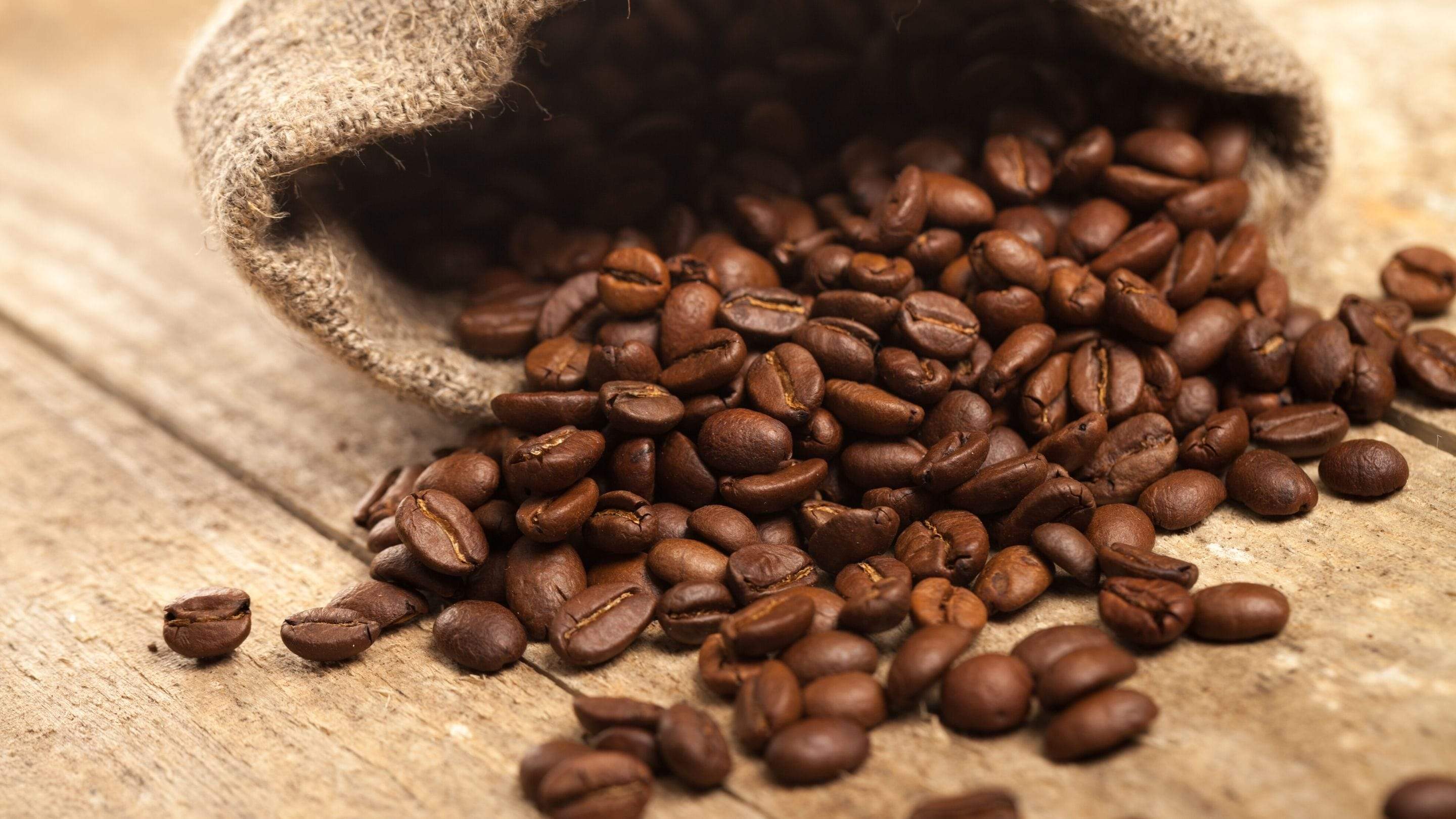
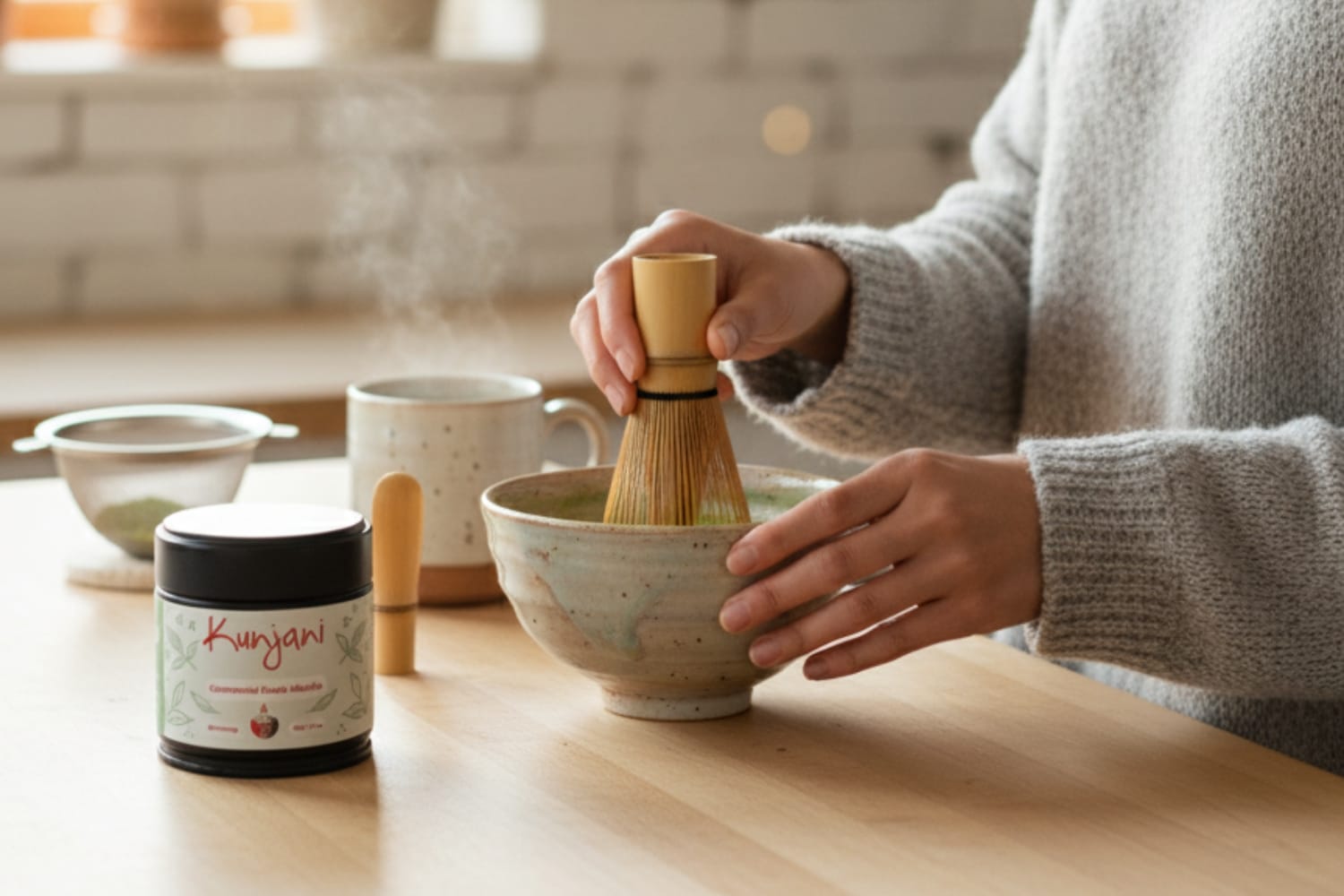

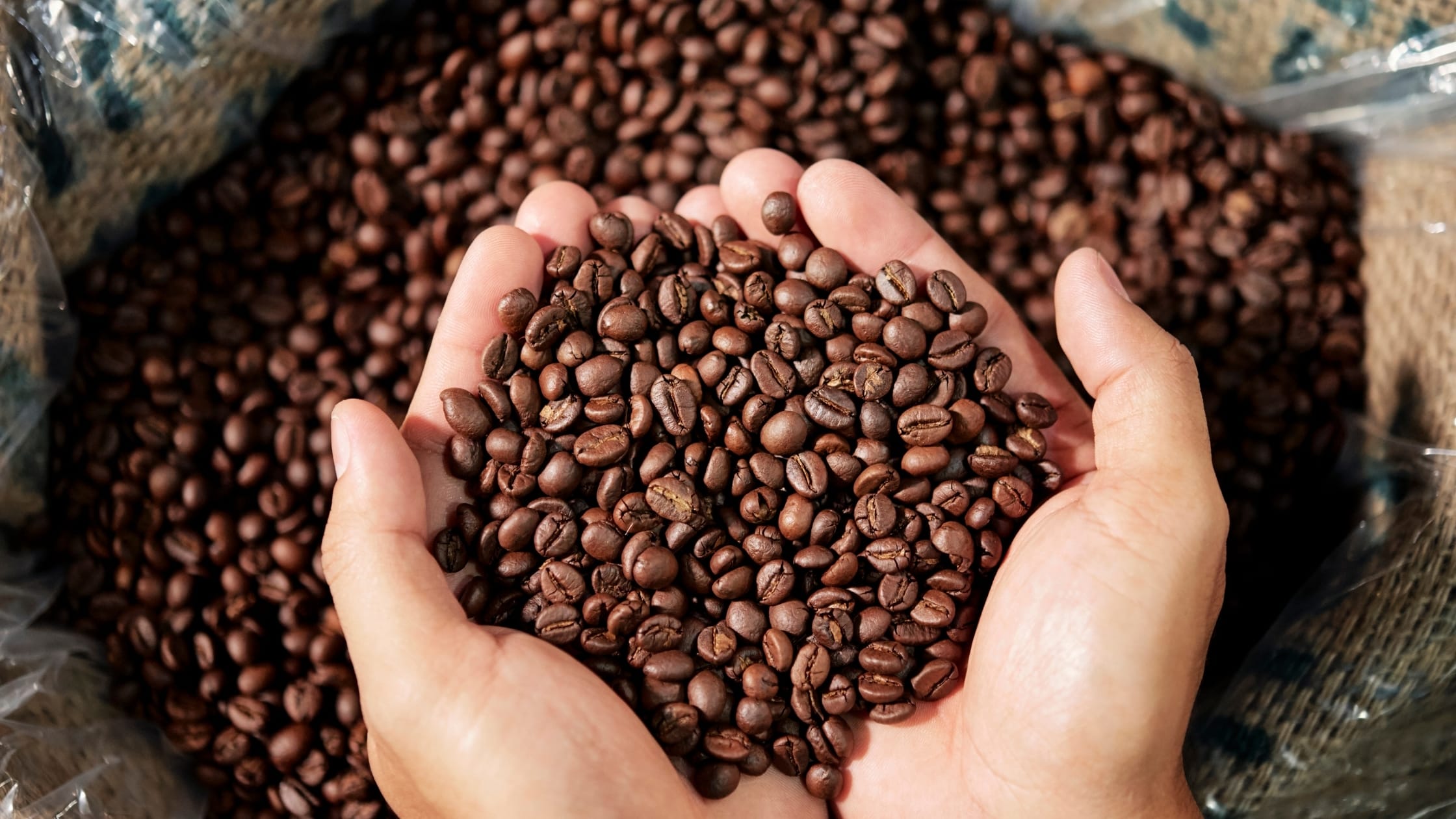

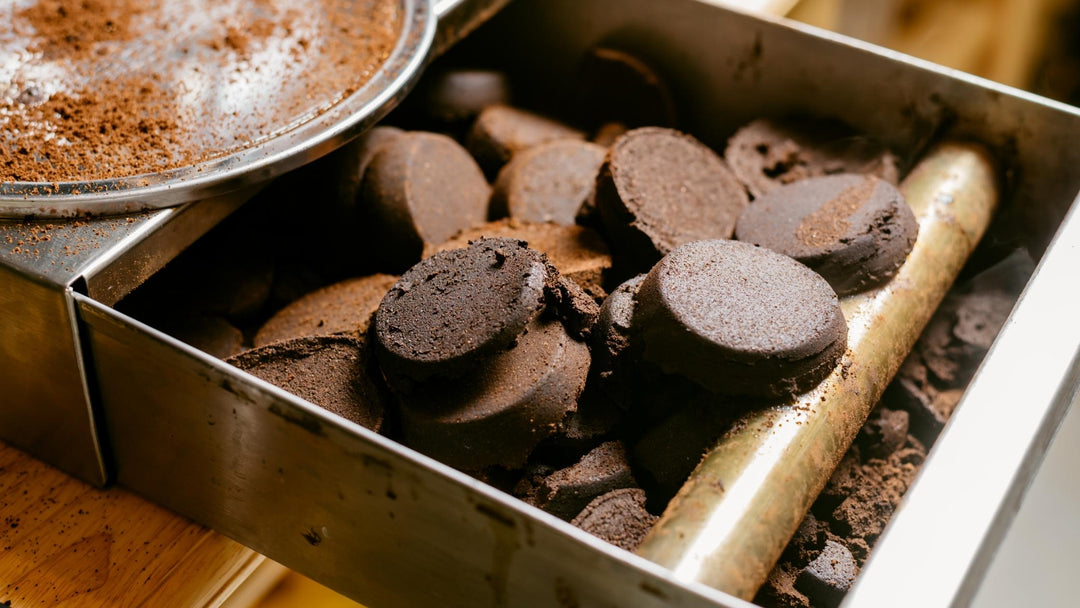
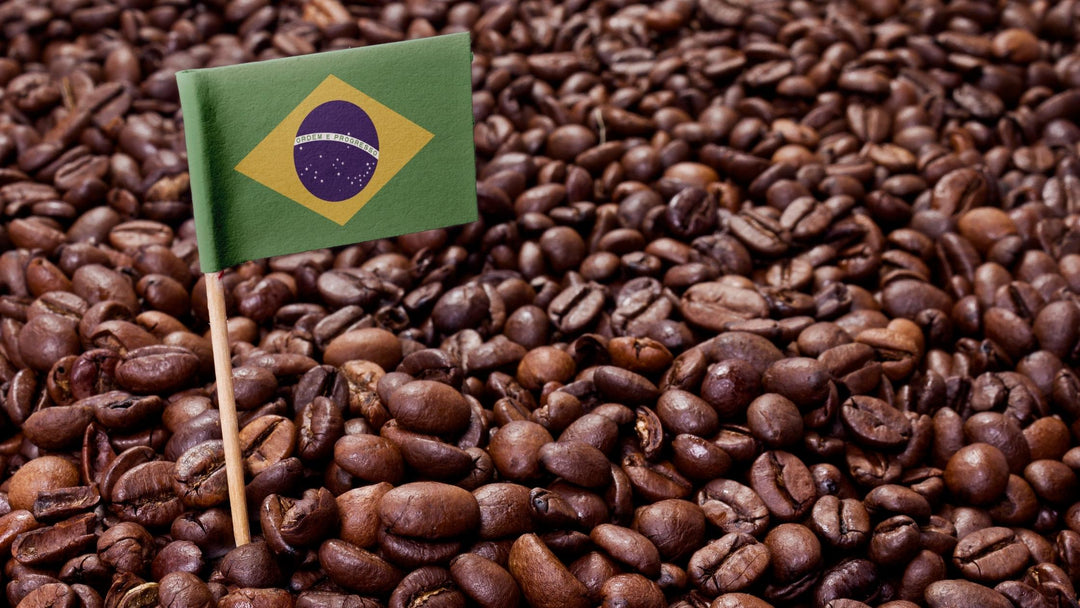


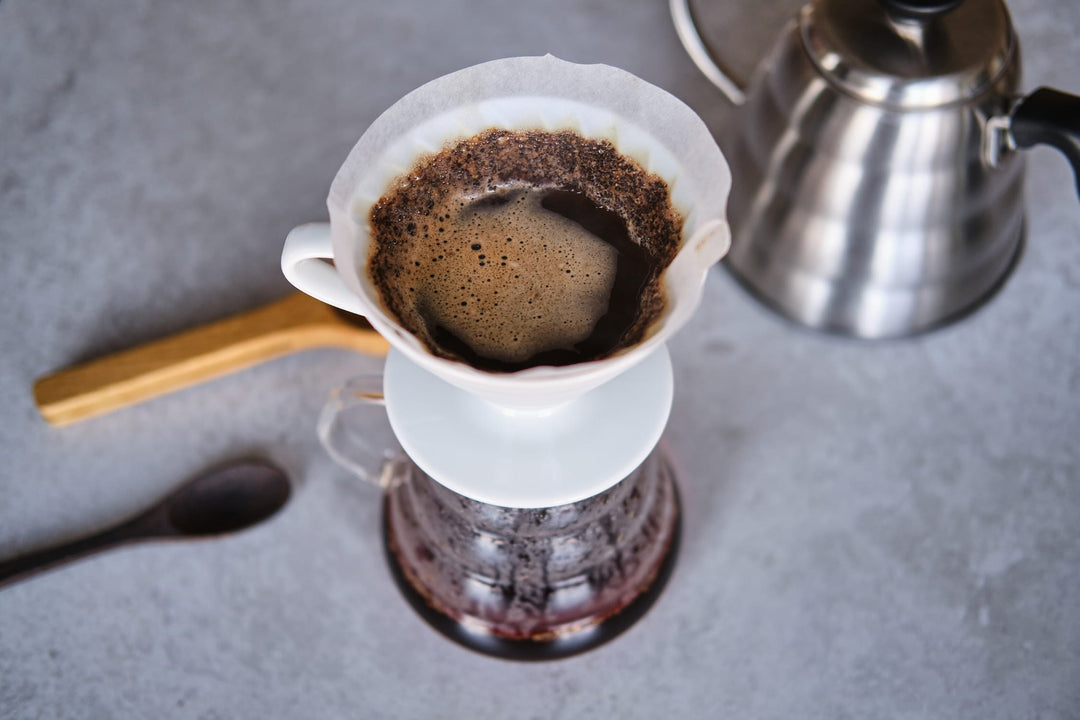
Leave a comment